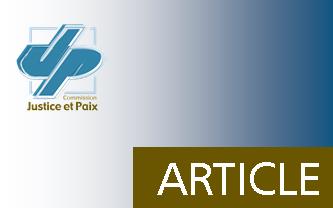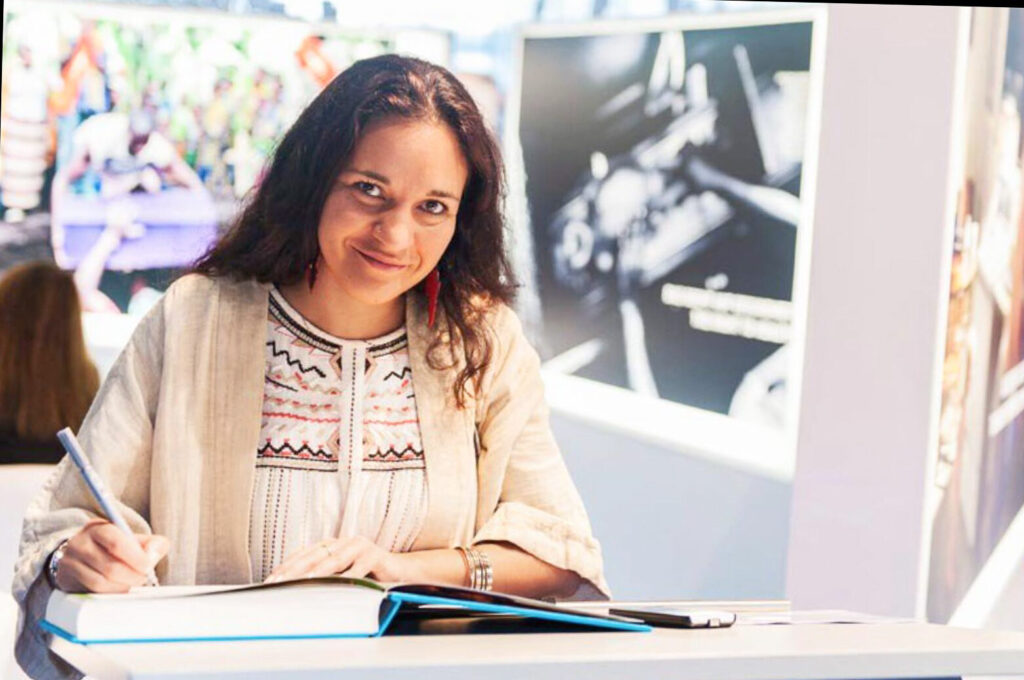The Reventazón Model Forest (FMR), is a social platform set up to promote sustainable management of the territory of the province of Cartago in Costa Rica. It encourages the development of local participatory networks for the promotion of conservation, education and local development actions that contribute to the sustainable management of natural resources.
“Are you going to leave again? ". This is what I have heard for almost 10 years with each announcement of a departure to a country in the South. At the time, I had begun reading Landsberg's writings. [1]Juif allemand converti au christianisme, professeur de philosophie, il a quitté l’Allemagne en 1933. Militant antinazi, enseignant en Espagne jusqu’au début de la guerre civile, il … Continue reading One of his texts, Reflections on personal commitment, notably made the link between values and personal commitment: “Formula of my happiness: a great wealth of experiences ordered in such a way that nothing is denied, nor anything equalized”. [2]Landsberg Paul-Louis. Réflexions sur l’engagement personnel. In: Vingtième Siècle. Revue d’histoire. N°60, octobre-décembre 1998. pp. 118-123. I saw there a call to discover elsewhere and the other. Thus followed years of volunteering in Latin America. Continuing from previous years, in April 2012 I looked at all the websites dedicated to volunteering to be able to go away during the summer holidays. One announcement particularly caught my attention. This was proposed by the BIJ [3]For more information see www.lebij.be (Bureau International Jeunesse) in partnership with LOJIQ (Les Offices Jeunesse Internationaux du Québec) as part of a “Duetto” program and concerned the participation of a Belgian volunteer as well as a Quebec volunteer ( e) a socio-environmental project in Costa Rica. After being selected, I flew to Central America. For almost three and a half months I worked in the FMR office [4]The FMR office is located at the Tropical Agronomic Center for Investigation and Education (CATIE) in Turrialba, Cartago province. in permanent coordination with the various partners in the project. Part of my work resulted in the production of an explanatory brochure on the FMR, the design of a web page and a guide on land conservation processes. To do this, I had to participate in numerous activities and other events in order to gather information. My mission was also to facilitate communication between the associates of the FMR in order to contribute to the achievement of the objectives: I had to ensure that I facilitated dialogue between the members of the project and the indigenous communities present in the province of Cartago. . [5]With an area of 3,125 km2, it is one of the 7 provinces of Costa Rica.Attachments
Notes[+]
| ↑1 | Juif allemand converti au christianisme, professeur de philosophie, il a quitté l’Allemagne en 1933. Militant antinazi, enseignant en Espagne jusqu’au début de la guerre civile, il s’installe finalement en France avant d’être arrêté en 1943 par la Gestapo qui l’expédie au camp d ‘Oranienburg, d’où il ne reviendra pas. |
|---|---|
| ↑2 | Landsberg Paul-Louis. Réflexions sur l’engagement personnel. In: Vingtième Siècle. Revue d’histoire. N°60, octobre-décembre 1998. pp. 118-123. |
| ↑3 | For more information see www.lebij.be |
| ↑4 | The FMR office is located at the Tropical Agronomic Center for Investigation and Education (CATIE) in Turrialba, Cartago province. |
| ↑5 | With an area of 3,125 km2, it is one of the 7 provinces of Costa Rica. |
| ↑6 | The FMR is made up of a collective formed by several governmental, non-governmental and private organizations. The FMR's sources of funding are mainly public and private donations and the RIABM, the Ibero-American Model Forest network, of which the FMR is a member. The RIABM has 28 Model Forests in 14 countries which cover, in total, a geographical territory of more than 31 million hectares. |
| ↑7 | The Reventazón Model Forest has also demonstrated that land use planning has enabled better management of environmental services. |
| ↑8 | The Millennium Ecosystem Assessment (MA) was initiated in 2000 at the request of Kofi Annan, then Secretary-General of the United Nations. As its name suggests, its objective is to evaluate the consequences of ecosystem changes on human well-being. Furthermore, a scientific basis must be established in order to implement the actions necessary to improve the conservation and sustainable use of systems but also their contribution to human well-being. For more information see www.millenniumassessment.org |
| ↑9 | Conflict management inherently requires the involvement of various actors including those who often disagree. The FMR thus provides an effective platform to improve communication and articulate negotiations with a view to a common vision. Each actor can then express themselves and participate in the decision-making process. |
| ↑10 | Landsberg Paul-Louis. Réflexions sur l’engagement personnel. In: Vingtième Siècle. Revue d’histoire. N°60, octobre-décembre 1998. p118. |






